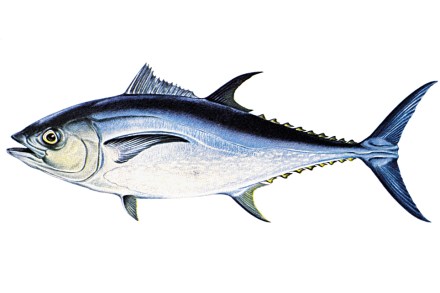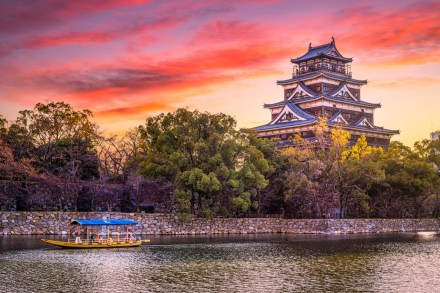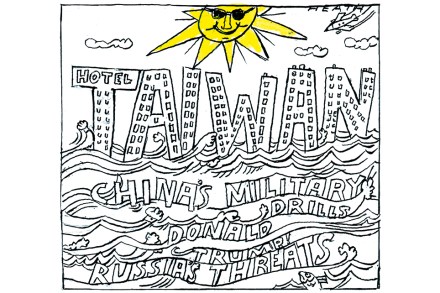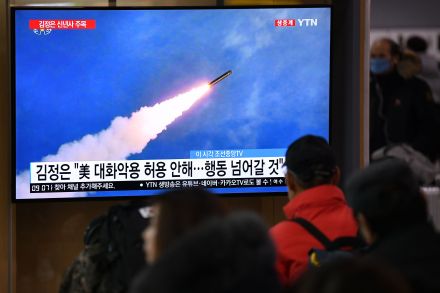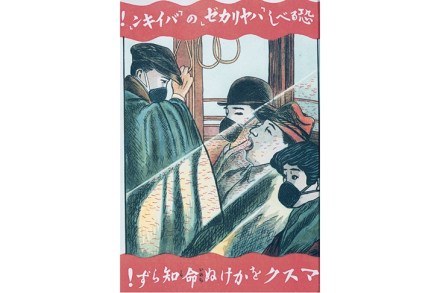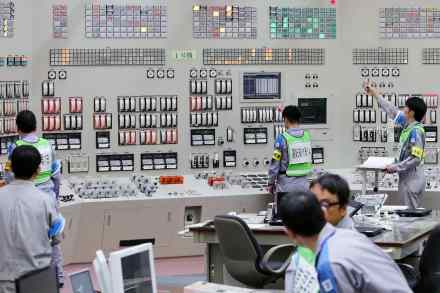What Japanese cities can teach us about architecture
There are three things that occur to you when you travel the length of Japan: that kimonos are surprisingly good for any occasion; that the country’s reputation for cruelty may partly derive from breakfasts comprising tea porridge and prawn soufflé; and that the hordes of camera-wielding Japanese tourists taking thousands of snaps – a comic trope in the 1980s, at least – were really just ahead of their time and the rest of us are only now catching up thanks to our iPhones. First impressions of Tokyo might persuade you that you’ve accidentally fallen into a dystopian future: the march of skyscrapers and mesh of streets sprawls greyly on for the best part of


